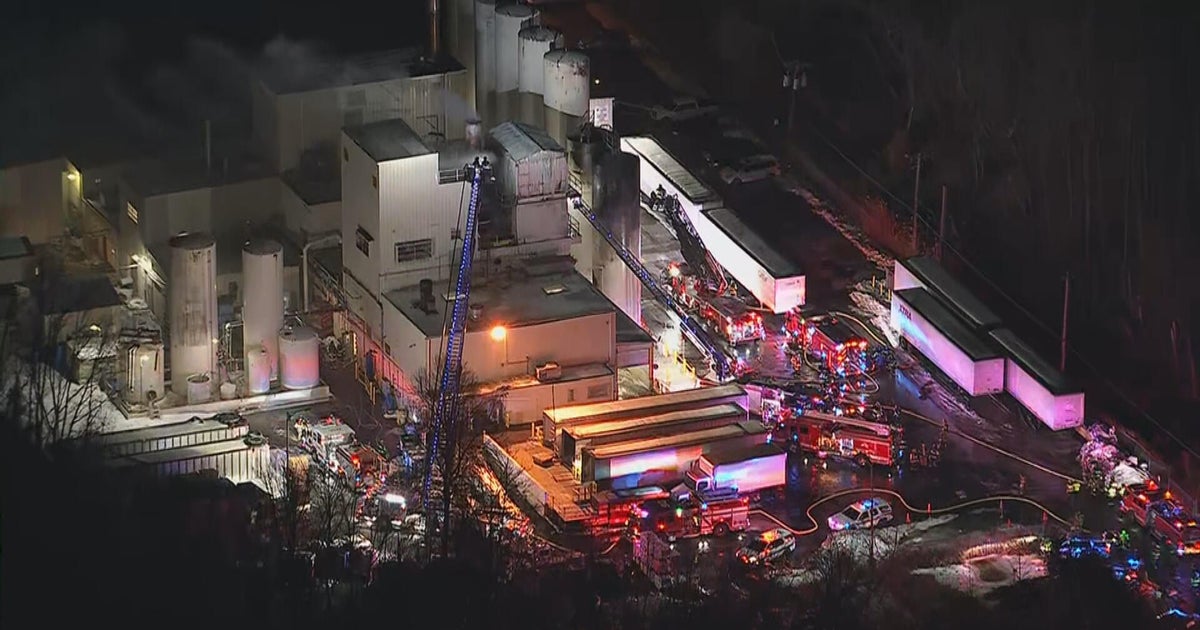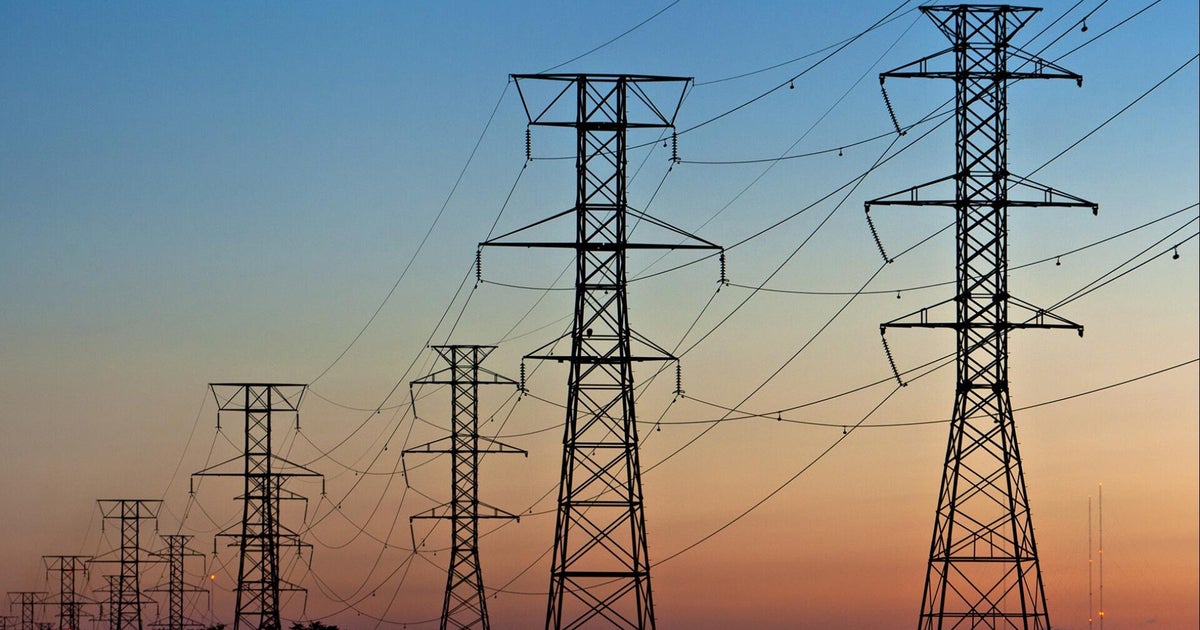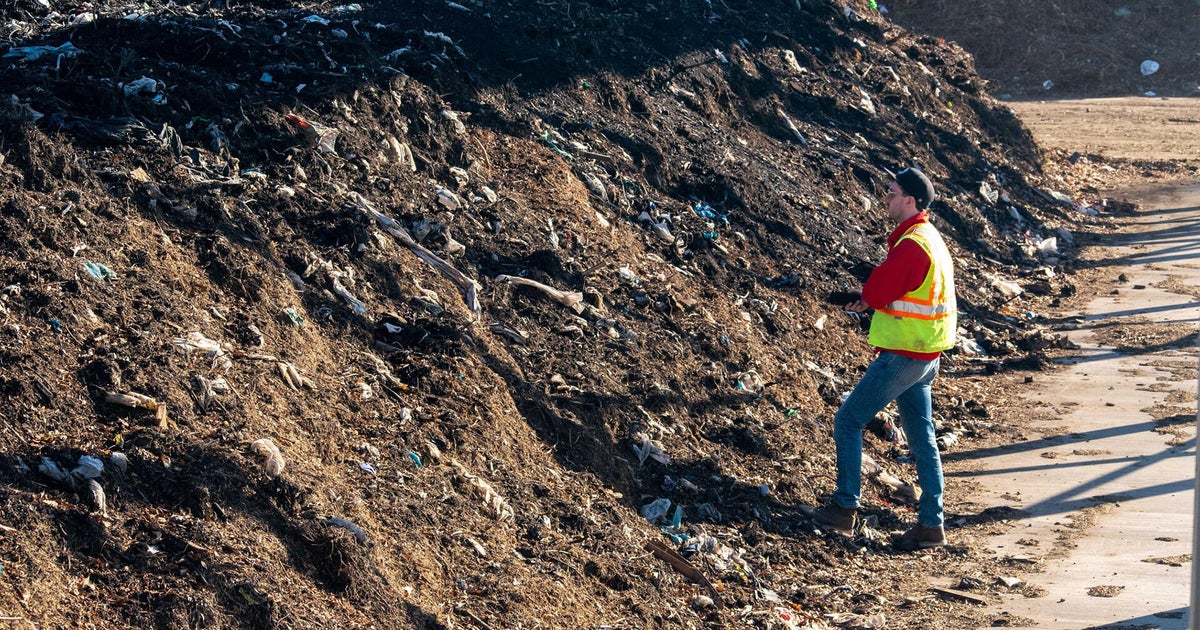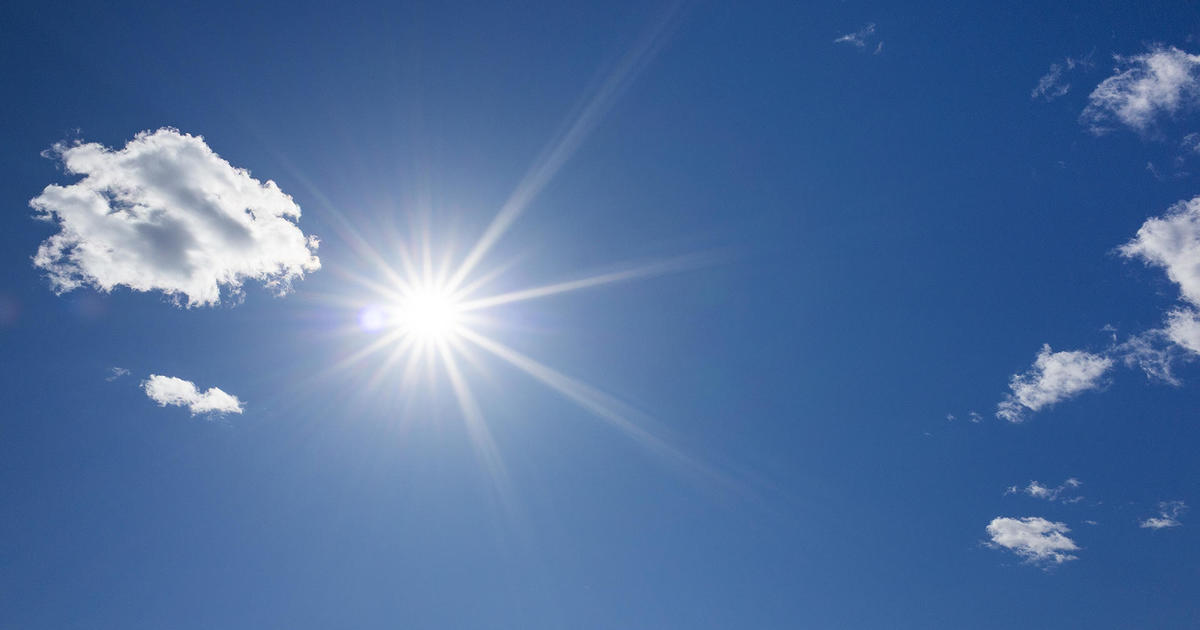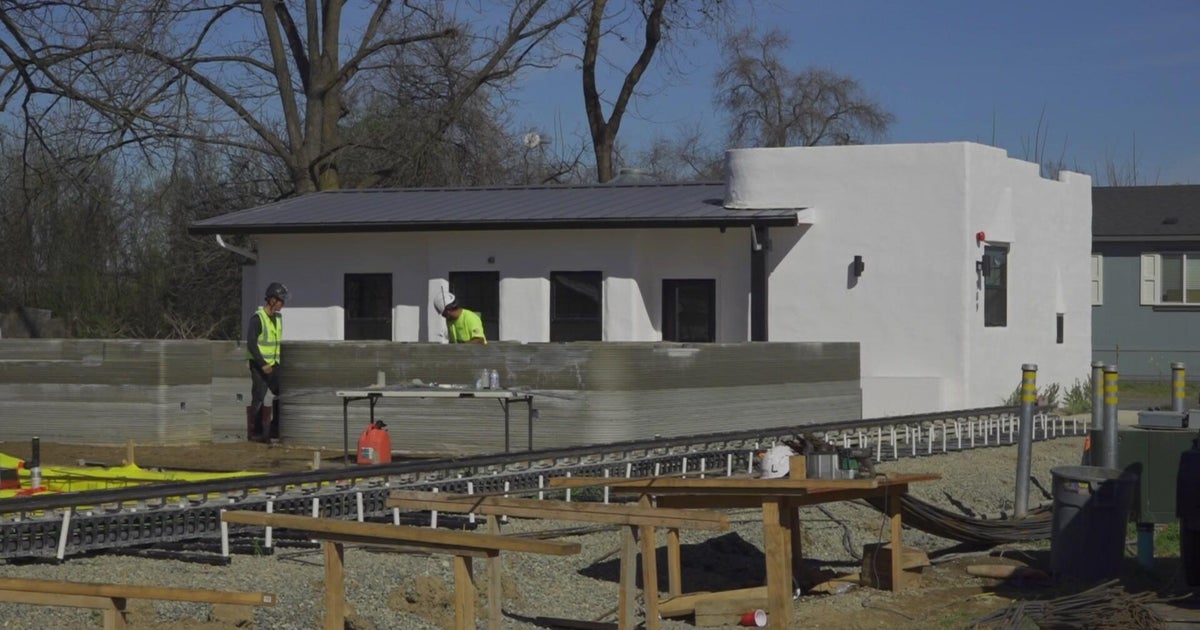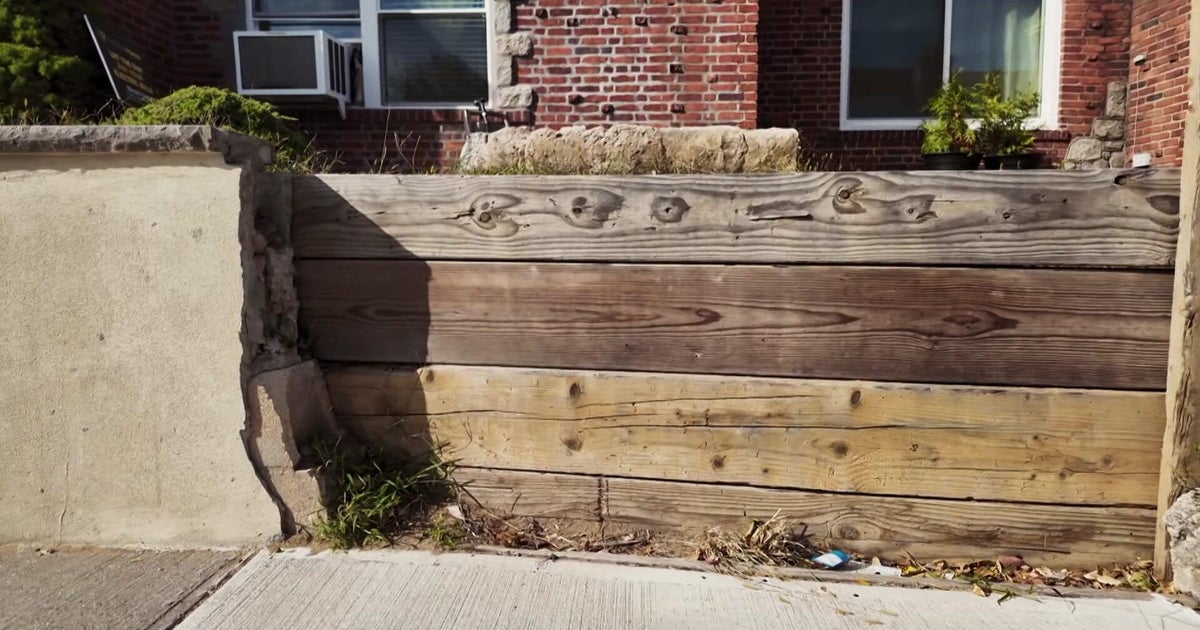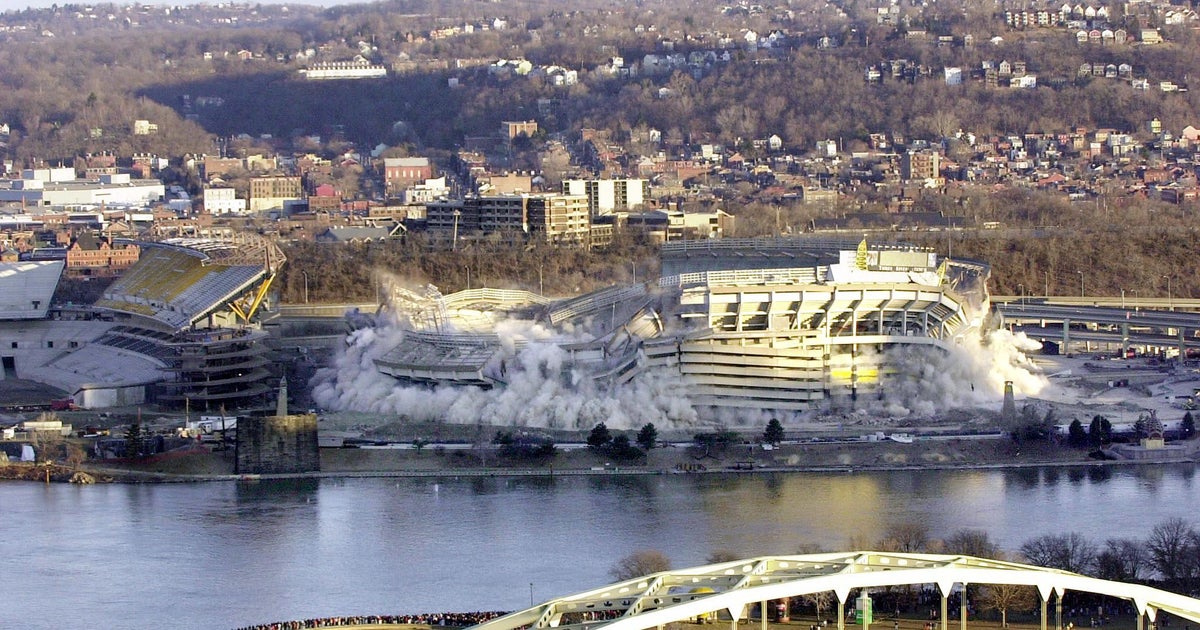Simulation Shows The Power Of Propane Explosions
ST. PAUL, Minn. (WCCO) - Roger Wolfgram is lucky to have survived a propane explosion in September 2011 at his Wisconsin cabin.
His severe burns and broken hip have healed, but the shock is seared deeply into his mind. It was an explosion so powerful and sudden that he had no idea what just hit.
"It's unbelievable the power it has," Wolfgram said. "It all come down to four feet of rubble on top of me."
Wolfgram had gone into the basement of his cabin to investigate why the furnace wasn't running. He says there was no odor of propane in the air - only a musty smell of the basement air.
But since propane is heavier than air, the leaking gas had likely settled low onto the concrete floor.
When he flicked a circuit breaker on the wall, the blast leveled the two-story home. Wolfgram was left with burns that were more than skin deep.
"I had it all the way down into the lungs and I just didn't know it. It felt like I had swallowed a handful of gravel or something," he said.
More recently on Dec. 30, 2012, five men from North Dakota were critically burned in a fish house explosion on Lake of the Woods.
The initial investigation pointed to a union joint in a gas line that was slowly leaking. Danger grew as the men slept in the house that night. At 8 a.m. the next morning, the house ignited in a powerful blast.
St. Paul Fire investigator Jamie Novak has seen the destruction caused by leaking gas appliances - even backyard grills - over his more than 30 years in the fire service.
"Most leaks that people have are like the fish house up north," Novak said. "We have the same problems with barbeque grills. People hook it up, don't check it to make sure it's tight and not leaking."
That simple mistake can be devastating. To demonstrate just how explosive a gas leak can become, WCCO constructed a fish house for a simulated propane blast.
Thousands of ice houses sitting on frozen Minnesota lakes are largely heated with tanks of LP (liquified petroleum) gas - feeding heaters and stoves. A combination carbon monoxide alarm and explosive gas meter was placed inside the fish house window to provide the first indication that the house had a dangerous level of gas.
A mannequin placed in a corner of the house simulated an angler. With the door closed and the valve on a 20-pound propane tank fully opened, the house began to fill with fuel.
As St. Paul Firefighters stand by with hoses ready, propane quickly pooled onto the fish house floor. After just 30 seconds, the carbon monoxide and gas detector began alarm was activated.
Novak than remotely activated a spark inside the house. Six different cameras captured the blast as the fish house walls blew out. Two protected cameras inside the house revealed a bright blue and yellow fireball filling the space.
The mannequin standing in the corner was scorched by a 1,500- to 2,000-degree fireball.
"Some people can't smell it, and I don't know maybe in colder weather - maybe you can't smell it as well as you can in a nice warm house," Novak said.
However, it's not just fish houses and furnaces where the danger is present. Colder temperatures inhibit how propane vaporizes after leaving the tank. It simply doesn't flow as well.
When propane gas pools around the burners on a gas grill, it can cause a large flash fire if it is re-ignited too quickly. If a person is standing over the grill at the time of ignition, they can be badly burned.
It happened to former CBS news anchor Hannah Storm back in December. She was severely burned at her Connecticut home while attempting to re-ignite a gas grill.
"A lot of times the tank will frost up and then pretty soon all of a sudden it will quit because of the fact that it's not boiling enough (inside the tank) to get the gas to vaporize and come out," he said.
To avoid a flash-over, turn off the gas and let the grill ventilate for a few minutes before re-lighting.
That's why the ice-house anglers make a point to check the propane tank, gas line and union joints for any potential leaks. And pipefitter Bob Hoffman doesn't take chances with leaking propane.
"You are only supposed to use tape on the gas joints. No lubricant or anything," Hoffman said.
Looking back at the pictures, it's clear why Roger Wolfgram has both fear and respect for the power of propane.
"It certainly makes you look at life a little different," he said.
